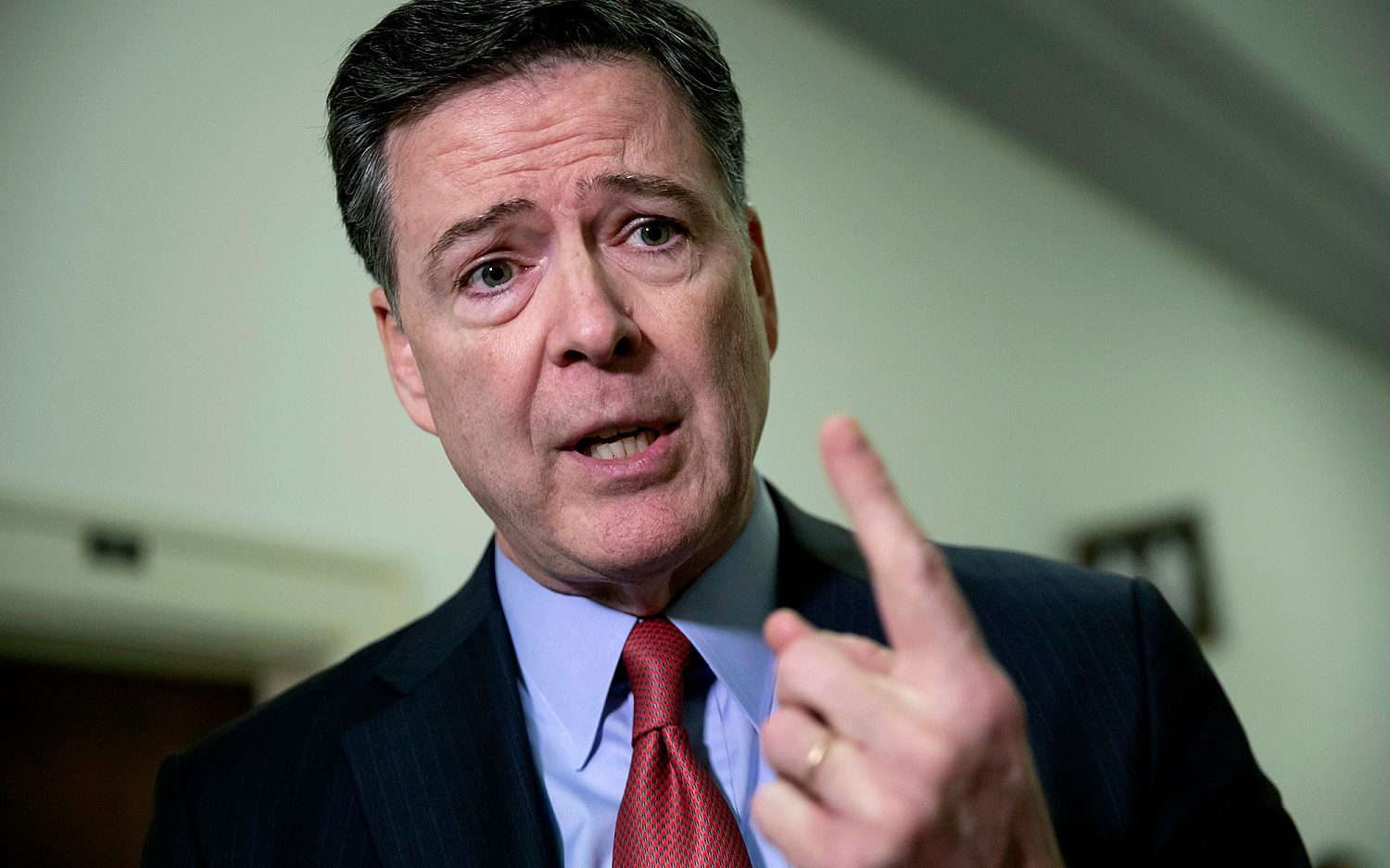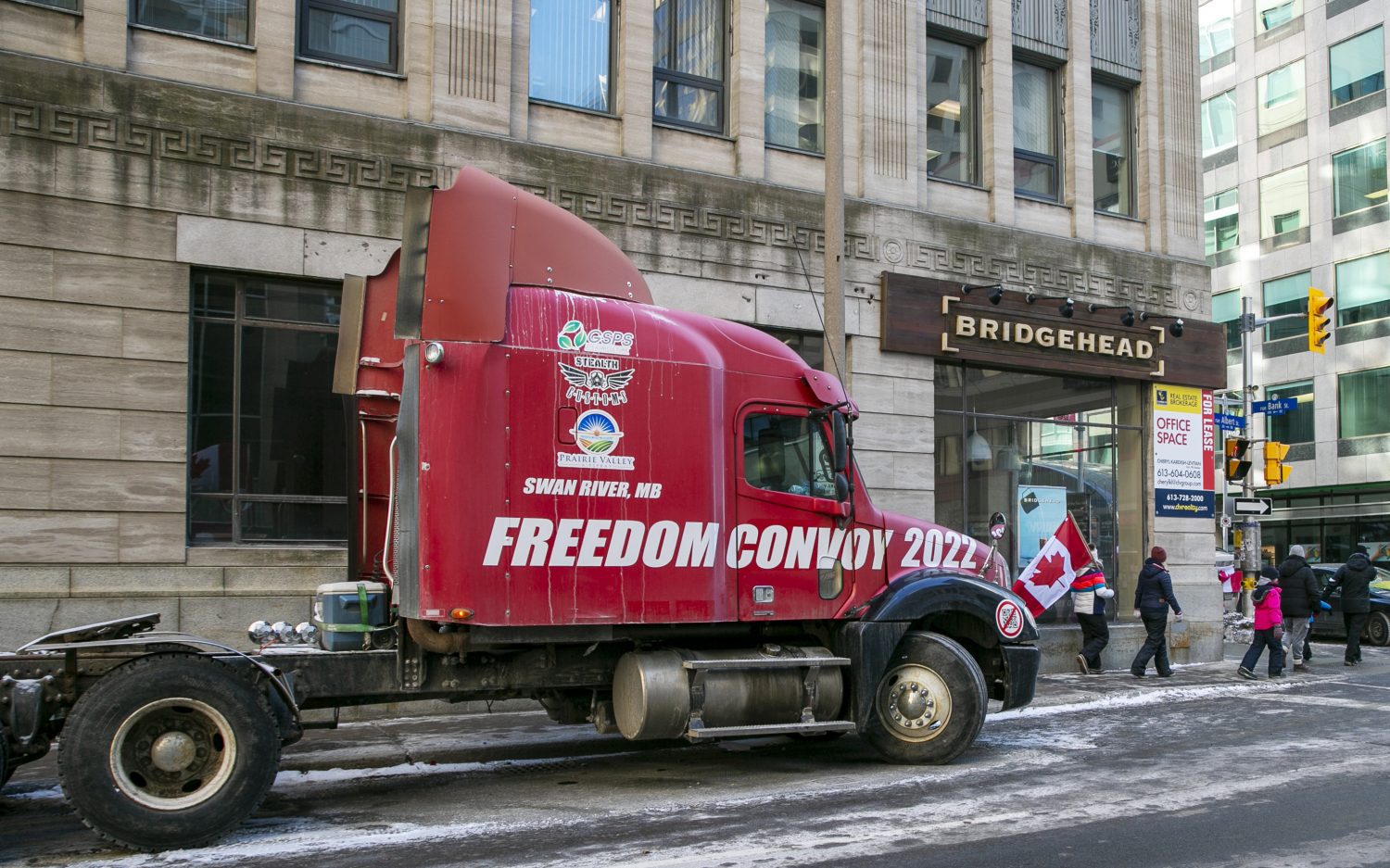American adoptions held hostage in Russia
Russian President Vladimir Putin on Thursday sent would-be parents into a paroxysm of panic when he signaled he might approve a ban on American adoptions of Russian children.
During a press conference, Putin said the ban was an appropriate response to new U.S. legislation targeting Russian human-right violators. The Magnitsky List, signed into law by President Barack Obama on last Friday, is named after Sergei Magnitsky, a Russian lawyer arrested and imprisoned while trying to expose government fraud. After being denied access to healthcare while in prison, Magnitsky died in 2009. Russian officials added to this list would be denied entry to the U.S. and have their assets frozen.
In retaliation, Russian lawmakers introduced the Yakovlev Law, named after a Russian child who died when his adoptive American father left him in an overheated car for several hours. The law not only bans American adoption of Russian children but also warns that any country who passes legislation similar to the Magnitsky Act will also be subject to an adoption ban.
Anya Rutherford is a Russian native who lives in the U.S. and works at Christian World Adoption (CWA), an international adoption agency based in North Carolina. Her phone has been ringing non-stop with calls from concerned adoptive parents all asking the same question: What will happen if Putin signs the ban into law?
“It will be devastating,” she said during a phone interview. CWA currently has 30 families hoping to adopt from Russia. They’ve poured months and thousands of dollars into international travel, court hearings, and legal procedures hoping to bring their new children home.
Russian families get the first chance at adopting children from the country’s orphanages. For orphans not adopted by native families, international adoption is their last chance at a normal life, Rutherford said. Without it, they’ll likely spend the rest of their adolescent years in an orphanage. Beyond that, their futures are often bleak. Rutherford said many of them end up in lifestyles of crime or prostitution.
Russian authorities are defending the ban as a protective measure against future abuse of Russian children by American adoptive parents. But Rutherford pointed out that most of those cases came from independent adoptions, which are now outlawed.
“We’re very sad about those cases,” Rutherford said. “But those are only a few cases out of more than 70,000 successful adoptions. [Abuse] should never happen, but this is a very small percentage. Most of the children are doing well.”
According to a Reuters report, Putin referred to the new U.S. law as unfriendly and arrogant. He said it would “poison” U.S-Russian relationships: “Why does one country consider itself entitled to spread its jurisdiction to the entire world?” But according to recent a Russian poll, 44 percent of Russians support the Magnitsky List and the pressure it could put on Russian officials to respect human rights.
To become law, the measure must pass a third reading in the Duma, then clear the upper house before going to President Putin for his signature.
Several leaders have openly criticized the anti-adoption measure, including Russia’s Foreign Minister Sergey Lavrov who said it was wrong: “International adoption as an institution has a full right to exist." On the Foreign Ministry’s Twitter account, he continued: “A law banning adoption is akin to examples in Russian history when it was easier to ban everything rather than tackle unlawful actions.”
Russian human rights activists, including Education Minister Dmitry Livanov also oppose the bill, saying it is unfair to allow a political debate to hold hostage Russian orphans’ chances for adoption.
If the law passes, U.S. adoption agencies may protest, but Rutherford said that chances of overturning the law are small.
“How am I going to explain to these families that they can’t go bring their children home?” she asked. “How are we going to explain this to the children? This is not fair. It has nothing to do with children.”
The Associated Press contributed to this report.
An actual newsletter worth subscribing to instead of just a collection of links. —Adam
Sign up to receive The Sift email newsletter each weekday morning for the latest headlines from WORLD’s breaking news team.




Please wait while we load the latest comments...
Comments
Please register, subscribe, or log in to comment on this article.